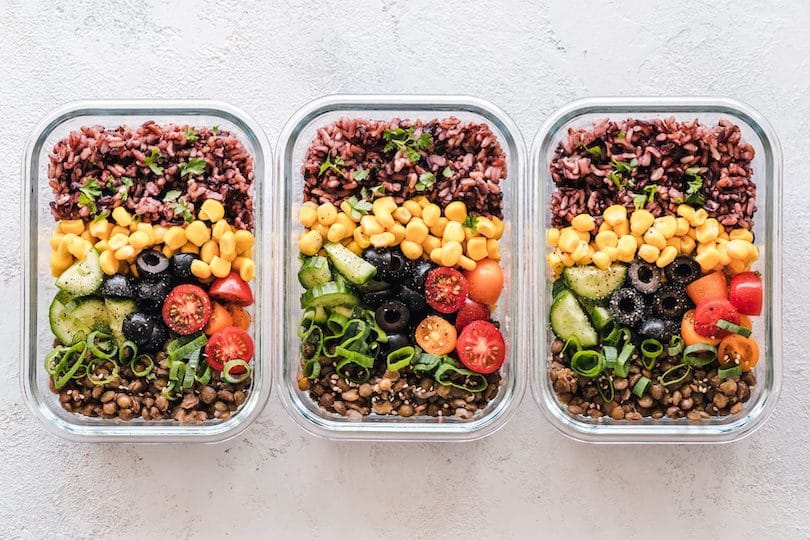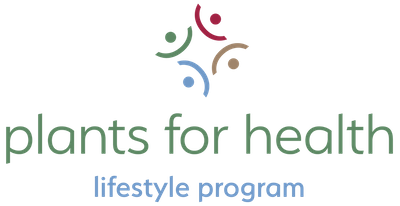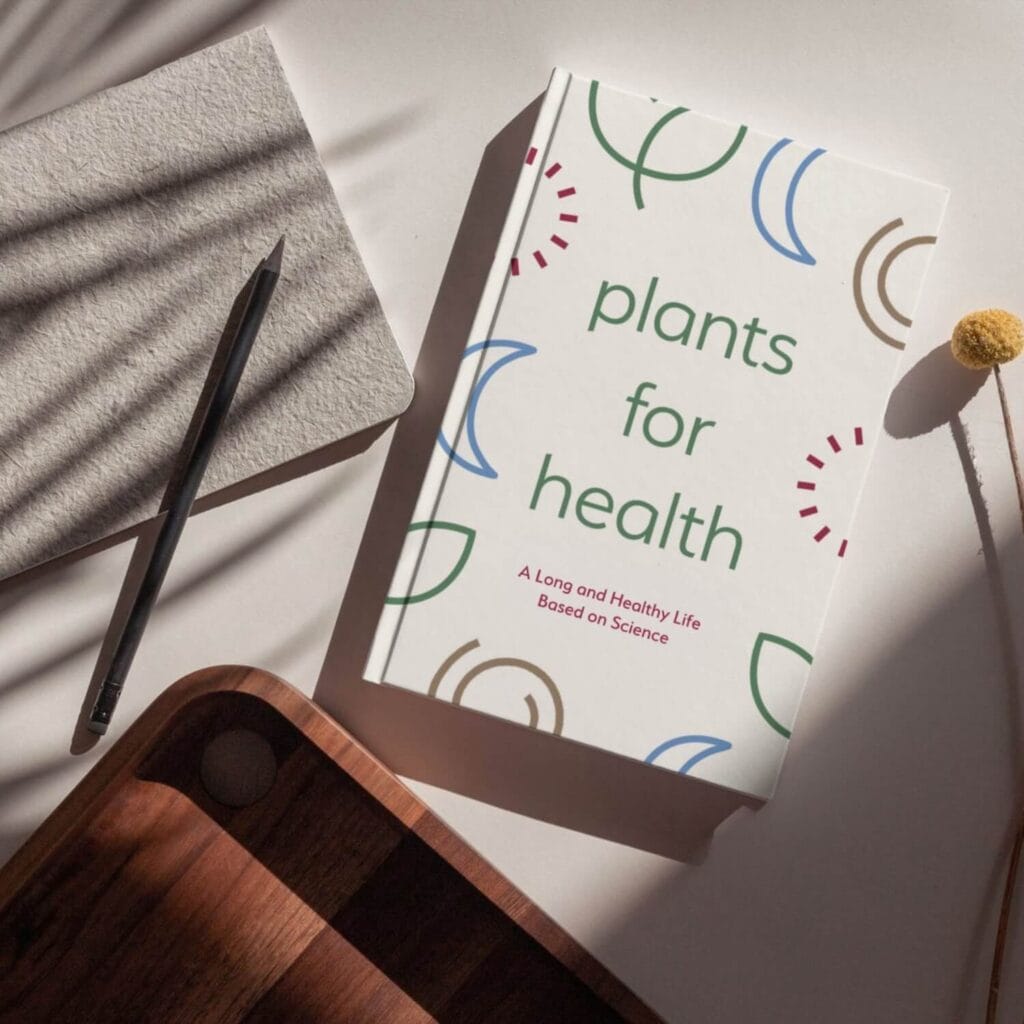Will I Become Deficient on a Plant-Based Diet?

Are you thinking about eating (more) plant-based, but wondering if you’ll still get all the nutrients you need?
You’re not alone. Many people worry about possible deficiencies when switching to a plant-based lifestyle. Will you get enough protein? What about iron—isn’t that mostly found in meat? And how do you get enough calcium without dairy?
These questions can cause doubt and make you second-guess whether eating more plant-based is really right for you. We completely understand—there’s a lot of conflicting information out there, and it’s normal to feel unsure about whether your body will get everything it needs.
Fortunately, we can reassure you: when you eat a healthy plant-based diet and take the right supplements, you can get all the nutrients you need. Even better—this way of eating is linked to impressive health benefits, like increased energy and a lower risk of various diseases (1). The key is eating a well-rounded diet, and we’re here to help you do just that.
What to Watch For
When you shift toward a plant-based diet, it’s important to make sure your meals are balanced. Just like with any other dietary pattern, there are a few key nutrients that require attention.
Research shows that people who eat plant-based may have lower intakes of the following:
- EPA and DHA (types of omega-3 fatty acids)
- Vitamin B12
- Vitamin D
- Calcium
- Iodine
- Iron (especially in women)
- Zinc
That said, this isn’t unique to plant-based eaters. Vegetarians and even people who eat meat can be at risk of deficiencies. Many of the same nutrients—like iron, vitamin D, and calcium—require attention in almost every diet. It just depends on your food choices.
But did you know that people who eat (more) plant-based tend to get more of these essential nutrients?
- Fiber
- Alpha-linolenic acid (ALA, a plant-based omega-3)
- Unsaturated fats
- Vitamins B1, B6, B11 (folate), C, E
- Magnesium
So, while some nutrients need extra attention, others tend to come in more easily on a plant-based diet (2). That’s encouraging news!
How to Build a Well-Balanced Diet
A balanced plant-based diet starts with a strong foundation: three nutritious meals per day. That’s where the Plants for Health Plate comes in. This simple, practical guide helps you build meals that are nourishing and satisfying. Here’s how to fill your plate:
- Half your plate: vegetables and/or fruit—any colors, any varieties. Eat the rainbow!
- A quarter: whole grains like whole wheat bread, brown rice, bulgur, quinoa, (sweet) potatoes, or whole grain pasta.
- A quarter: healthy protein sources such as legumes (beans, peas, lentils), tofu, tempeh, seitan, or plant-based dairy made from soy or peas.
- Add healthy fats like nuts, seeds, avocado, or olive oil as toppings.

The Plants for Health Plate
The Plants for Health Plate makes it easy to create meals that are both healthy and delicious. It helps take the guesswork out of eating plant-based, no matter where you’re starting from.
If you follow this guideline and supplement with the essentials—vitamin B12, vitamin D3, and omega-3 fatty acids from algae oil—you’ll meet your nutritional needs without worry. No need to fear deficiencies.
Eat With Confidence
Once you know what to pay attention to, you can confidently enjoy a plant-based lifestyle. You’ll feel more energized, healthier, and free from worry. In fact, eating becomes something to look forward to. You’ll know your body is well-nourished and that your choices support your long-term health.
At Plants for Health, we guide you step by step to help you integrate more plant-based eating in a way that works for you.
Want to make sure you’re doing it right? We’re here to support you—every step of the way. Explore our program here.
Sources
1. Wang, Y., Liu, B., Han, H., Hu, Y., Zhu, L., Rimm, E. B., Hu, F. B., & Sun, Q. (2023). Associations between plant-based dietary patterns and risks of type 2 diabetes, cardiovascular disease, cancer, and mortality – a systematic review and meta-analysis. Nutrition journal, 22(1), 46.
2. Neufingerl, N., & Eilander, A. (2021). Nutrient Intake and Status in Adults Consuming Plant-Based Diets Compared to Meat-Eaters: A Systematic Review. Nutrients, 14(1), 29.

Did you find this article helpful? Would you like to work with the experts at Plants for Health on improving your health? Our lifestyle program provides tailored guidance, practical tools, and evidence-based strategies shown to be effective. So you can make lasting changes to your lifestyle.
